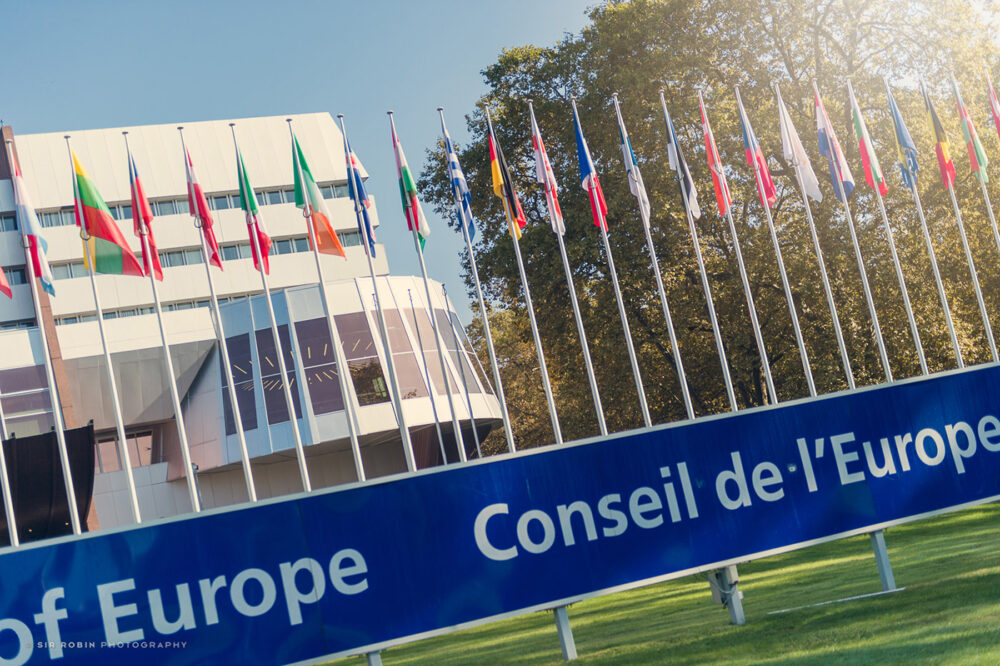Council of Europe Concerned Over Hungary’s Failure To Introduce LGR for Refugees

The Council of Europe is concerned over Hungary’s continued failure to provide for legal gender recognition for trans refugees.
At a meeting in early June 2022 where the Committee of Ministers, government representatives of all Council of Europe member states, met to discuss the implementation of the case Rana v. Hungary, it was noted with concern that Hungarian authorities have not taken any measures to create an appropriate solution for lawfully settled third country nationals applying for legal gender recognition since the issue of the judgement in 2020. Hungarian authorities have till today not given the applicant new documents reflecting his male identity, as instructed by the Court. Also in 2020, the Hungarian parliament passed legislation that makes legal gender recognition practically impossible for transgender people who hold Hungarian nationality.
The case concerns a trans man who holds Iranian nationality and who was granted asylum in Hungary. In 2016, the applicant filed a complaint (Application no 40888/17) at the ECtHR against Hungarian authorities for refusing to change his name and sex marker from ‘female’ to ‘male’ in his identity documents. The applicant wanted to access legal gender recognition through an informal process that was in practice in Hungary at the time, but he was denied this because he was not in possession of a Hungarian birth certificate.
The ECtHR issued a ruling on the case in July 2020, citing that Hungary had breached its obligation to protect the right to private life of the applicant under article 8 of the European Convention of Human Rights. The Court ruled that the state party’s obligation to provide a procedure that allows one’s gender identity to be legally recognised needs to extend to all legally residing third country nationals.
The Committee has instructed Hungary to implement procedures that are quick, transparent, and accessible for legally residing third country nationals to be able to lawfully change their gender identity. Hungary is now expected to submit an updated action plan on the issue by 31 December 2022.
TGEU calls on the competent Hungarian authorities to swiftly implement the Court’s decision and provide refugees with quick, transparent and accessible legal gender recognition procedures.
Read the Decisions of the Committee of Ministers.
Read TGEU’s third party intervention in Rana v. Hungary.